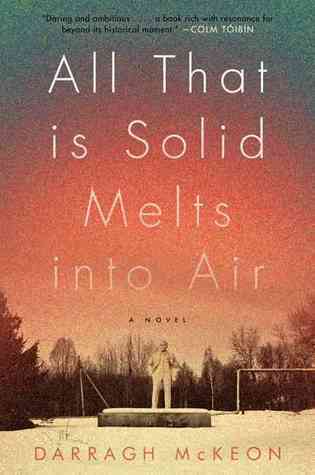
Figurines by Jamie Boud
For the past few years, I’ve served as a judge for the Writer’s Digest Self-Published Book Contest. Out of the 25 to 50 books I’m tasked to read, one or two are to be selected to progress to round-two judging. Most are average, a few have buried potential, and more than a handful are genuinely awful. Sometimes it’s the idea that falls short. Most often, it’s the execution. Common problems are stereotypical characters, inauthentic dialogue, passive language, and shoddy editing.
But in a good year, there is the one – the book that shines. This year, that book was Figurines by Jamie Boud.* I don’t know how it will fare with the next judge, but it impressed the heck out of me.
Figurines contains all the visual hallmarks of a high-quality novel, including striking artwork, professional design, and impeccable copyediting. Boud’s day job is as an artist and designer, and his talent shows.
The true measure, of course, is the writing. Boud shines there, as well. His use of sensory description evokes emotion and draws the reader deep into the complex story. Events from the past are slowly and expertly revealed to the reader, in first-person by two narrators who become more engaging, authentic, and tragic with each chapter.
From the book jacket:
In 2011 New York, Rachel is one step away from becoming invisible. Half a century earlier, confined in the clean, white walls of a mental hospital, Anna wishes she could be.
Rachel and Anna’s lives are woven together—one desperate to be seen, to find out who she is in the bright sunlight of New York and the dark shadows of her family history, and one frantically trying to sort reality from the fantasy in her head, to be known as a person before she’s lost to dull hospital labyrinths and the sharp tang of medicine on her tongue. Figurines is a deep exploration of self, of family, of mental illness, and the thin line between invisibility and nakedness. Between desperation and madness.
Historical and literary fiction readers will appreciate this exploration into the many facets of love, loss, family, isolation, and mental illness. Click here to learn more about Figurines.*
*When you make a purchase at Bookshop.org, you support independent bookstores and authors like me.



